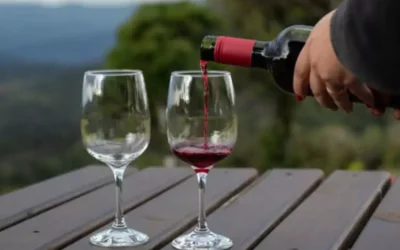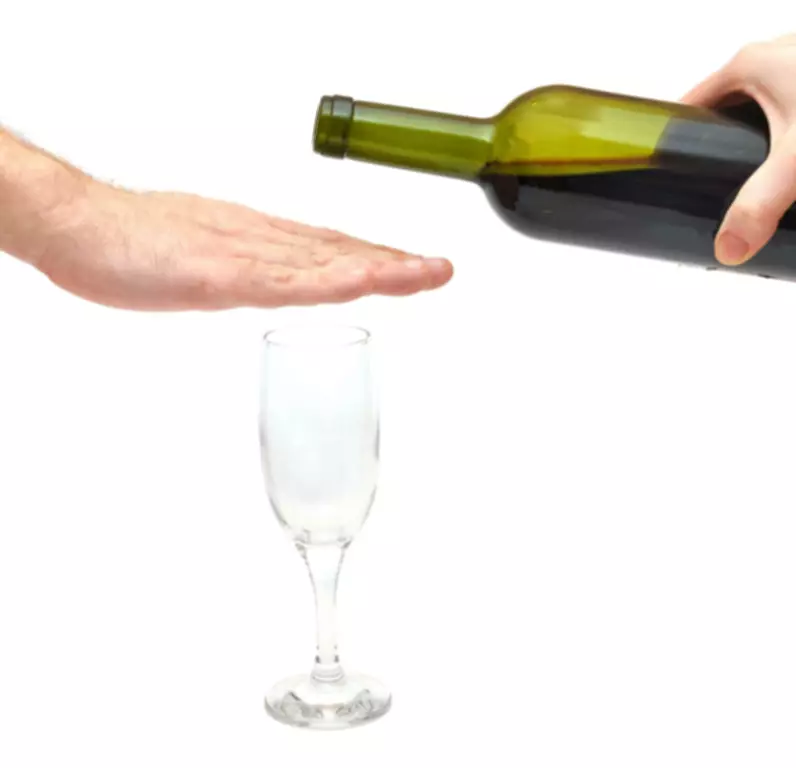The sober living program provides peer-to-peer support and an environment to share and learn through the experiences of others. This increases their chances of developing the tools needed to sustain sobriety during recovery. It also keeps them away from negative influences for longer periods of time. A NIDA-funded study tracked nearly 550 rehab clients who struggled with drug use and a number of other problems. For those who stayed in residential treatment beyond 90 days, relapse rates steadily declined. However, those who left rehab before reaching 90 days had relapse rates comparable to clients in treatment for one to two days.
What is aftercare and why is it important?
Others can last as long as a year if that is what the patient wants, and the drug facility agrees to it. A user will not know how long an IOP is until they talk to the rehab provider. Drug rehab works best when the individual, not the addiction, is treated. Outpatient how long is drug rehab treatments offer a lower level of care compared to residential treatment, so the programs may take longer to complete. As always, the person’s ability to address their addiction and move through the recovery process will shorten the duration of their treatment.
Benefits of Long-Term Rehabilitation
Rather than days and weeks, people tend to measure outpatient treatment in terms of months and years. Approximately 90 days is the average duration of outpatient treatment, but some people will continue treatment indefinitely. However, in cases where treatment is undergone as part of a full continuum of care, a client’s time in outpatient care may be significantly shorter. However, it’s important to keep in mind that the length of detox can vary depending on the substances used by the individual. For example, the number of days it takes to work through acute alcohol withdrawal symptoms will be different from the days needed to detox from other drugs. With some short-acting drugs, like methamphetamine, detox begins within a few hours after last use and acute withdrawal symptoms resolve in as little as three days.
- Much like with emotional relapse, the mental relapse stage doesn’t usually happen overnight.
- Cycling through relapse and treatment can worsen health outcomes in the long run.
- Generally speaking, an insurance company will work with the patient’s healthcare providers and/or addiction professionals to determine if a specific type of treatment is medically necessary.
- This length of treatment is often enough for withdrawal symptoms to pass.
- Residential programs are a lengthier form of inpatient treatment that often doesn’t include medical services.
- Building new, fulfilling friendships centered around healthy activities will support your sobriety.
- If you or a loved one is dealing with drug or alcohol addiction, you’re not alone.
Drugs and Alcohol Recovery Timelines
The frequency of outpatient sessions varies and is often tailored according to individual needs, ranging from multiple times a week to once a month. By completing the form below, our systems will determine whether you are in-network at one of our facilities and your insurance provider will not be notified or contacted. Residential treatment is often the best option for people who have a severe SUD or who need dual diagnosis treatment.

- How long a person can continue to receive methadone at a given rehab facility may depend on the rehab program and the availability of methadone at other rehab clinics nearby.
- Plus, when a long-term stay in an inpatient treatment facility isn’t realistic, any treatment is better than none at all.
- AddictionResource fact-checks all the information before publishing and uses only credible and trusted sources when citing any medical data.
Inpatient or residential treatment requires people to live at a treatment facility under supervision and monitoring. It can last between days on average (although some last up to 6 months). For people with addictions to drugs like stimulants or cannabis, no medications are currently available to assist in treatment, so treatment consists of behavioral therapies.
Oregon’s Pioneering Drug Decriminalization Experiment Is Now Facing The Hard Test – NPR
Oregon’s Pioneering Drug Decriminalization Experiment Is Now Facing The Hard Test.
Posted: Fri, 18 Jun 2021 07:00:00 GMT [source]
People may experience strong physical cravings for substances like opioids, alcohol, or stimulants, while drugs like psychedelics or marijuana often result in more psychological cravings. Triggers and cravings can build up over time, often before people in recovery realize that it’s happening. Additionally, holistic therapies like yoga, meditation, and art therapy may be used. The combination of these methods provides a comprehensive approach to help individuals overcome their addiction and develop healthier coping mechanisms. Your new sober life includes rebuilding existing relationships and forming new ones to nurture your recovery. Unfortunately, addiction often goes hand-in-hand with other mental health conditions such as depression, anxiety, or trauma.
Alcoholism Recovery Timeline: What Happens When You Quit Drinking?
